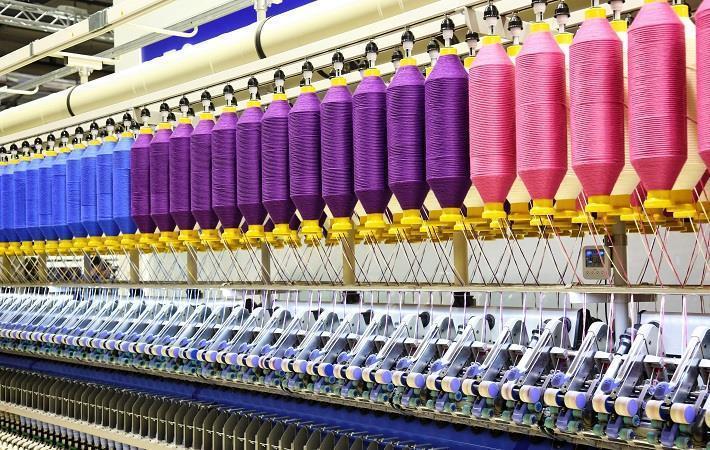The Pakistan textile industry has long been recognized as an international leader in the manufacturing and export of knitwear. Pakistan has engraved a position for itself in the international market. Though to stay competitive in today’s promptly evolving business landscape, the industry must hold technological progressions. Smart manufacturing software for textile manufacturing is demonstrated to be a game-changer, transforming the way products are designed, produced, and delivered. This article explores the impact of smart manufacturing software on the Pakistan textile industry, particularly for manufacturers and exporters of knitwear.
Augmenting efficiency and productivity
The key benefit of smart manufacturing software is its capability to enhance efficiency and productivity. Traditionally, textile manufacturing includes complex processes and convoluted designs. Smart manufacturing software updates these methods, automating repetitive tasks and sinking the risk of faults. This not only saves time but also make sure quality, leading reliability to higher client approval. Manufacturers and exporters in Pakistan can advantage of amplified production capacity, faster turnaround times, and reduced operational charges.
Renovating supply chain management
Another major improvement of smart manufacturing software is its part in effective supply chain management. For the Pakistan textile industry, which heavily depends on exports, efficient supply chain operations are crucial. Smart manufacturing software supports real-time observation of inventory levels, production progress, and shipping logistics. This facilitates manufacturers and exporters to make knowledgeable decisions, adjust their inventory, and reduce wastage. By improving visibility and coordination throughout the supply chain.
Enhancing quality control
Quality control is a dominant apprehension in the textile industry. With smart manufacturing software, manufacturers and exporters gain access to progressive analytics and data-driven perceptions. By studying real-time data collected from several stages of production, flaws can be detected and corrected early on. This tactic lessens product recalls and dismissals, eventually enlightening product quality and customer satisfaction. In addition, it supports predictive conservation, identifying potential equipment disasters before they happen. This reduces downtime and ensures uninterrupted production.
Enhancing sustainability and adaptability in the industry
Smart manufacturing software also expedites the application of sustainable practices in the Pakistan textile industry. As sustainability becomes progressively important worldwide, textile manufacturers and exporters are under pressure to lessen their carbon footprint. It improves resource consumption, reduces waste, and endorses energy efficiency.
Moreover, smart manufacturing software allows manufacturers and exporters to adapt swiftly to varying market demands. In the fast-paced fashion industry, trends change quickly, and flexibility is important. Smart manufacturing software consents for quick prototyping, customization, and rapid reconfiguration of production lines. This suppleness enables Pakistan’s textile industry to react quickly to market developments, produce smaller batches, and decrease time-to-market. By aligning production with customer demands, manufacturers and exporters can stay forward of the competition and capture new business openings and oppurtunities.
Investing in infrastructure and human capital
To effusively harness the reimbursements of smart manufacturing software, the Pakistan textile industry needs to invest in infrastructure and human capital. Technology implementation necessitates skilled experts who can function and uphold the software efficiently. By participating in training and upskilling courses, the industry can safeguard a smooth changeover to smart manufacturing. Alliances between textile manufacturers, software providers, and educational institutions can nurture modernization and knowledge-sharing, further driving the industry’s growth.
Conclusion
Smart manufacturing software is transforming the Pakistan textile industry, mostly for manufacturers and exporters of knitwear. With its capability to augment efficiency, improve supply chain management, enable quality control, promote sustainability, and facilitate market adaptability, smart manufacturing software is a promoter of progress and effectiveness. By embracing this technology and investing in the necessary infrastructure and human capital, Pakistan’s textile industry can solidify its position as a worldwide leader.




